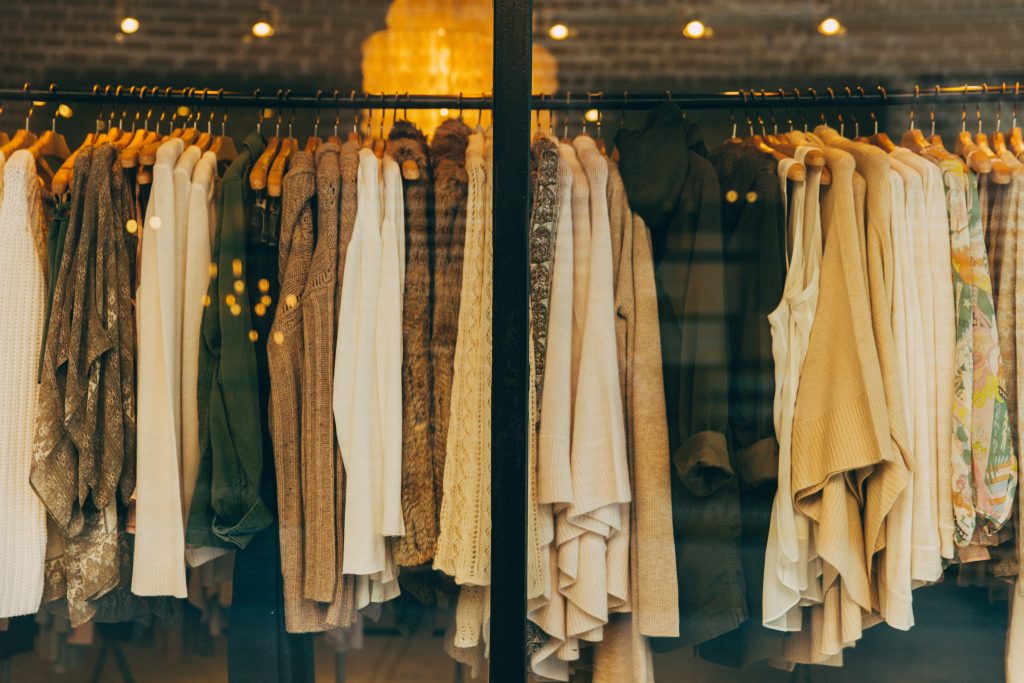
The other day, a friend asked me how I did with my Buy Less (clothing) 2020 resolution. I was telling her about my rough start (it totally backfired in January), but then how I finished the year feeling really good about my mostly secondhand and/or local purchases. We chatted about how spending less has been one of the few silver linings of COVID. Window shopping is still very fun for me, I don’t actually click “purchase” on a cute dress or blazer because I don’t have much occasion for them and already have a closetful. (Leggings on the other hand…)
My foray into ethical consumption was littered with coincidences and funny timing (or Google making recommendations based on my email content and search history), and the same thing happened recently. After that conversation with my friend, I happened upon an article in Vogue entitled, Don’t Let ‘Eco-Guilt’ Stop You From Taking Action, which led me to Elizabeth Cline’s essay, The Twilight of the Ethical Consumer. Both are worth a read.
I’ve written about Elizabeth Cline before. She wrote Overdressed: The Shockingly High Cost of Cheap Fashion and The Conscious Closet: The Revolutionary Guide to Looking Good While Doing Good, the latter I’ve read and really enjoyed; subscribed to, even.
But Cline had an epiphany in the midst of the pandemic: While fashion plays a huge role in the climate crisis, she was putting the responsibility of fixing it on individuals (including herself), by advocating for buying less, buying secondhand, learning how to mend clothing, researching companies’ practices, etc. instead of holding corporations accountable and advocating for policy changes that would have a larger impact than individual choices.
Here’s where I would usually say, “Duh.” I had this epiphany—with a public health frame—years ago, when funding for my sex ed program was cut by the state legislature and I realized that individuals are better able to engage in healthy behaviors when their environment, molded and supported by policy, encourages it.
But for some reason, I was also sucked into believing that the biggest, best thing I can do for the environment was make the “right” decisions related to my personal fashion consumption.
Your budget is a moral document, yes. And of course, in order to have a successful advocacy campaign, the grassroots need to buy in. But there’s so much more to it. From Vogue:
“Our personal decisions count for something, particularly when acting as part of a wider collective. But focusing on how these actions can create wider social changes, instead of trying to be the most eco-friendly consumer possible, will have a much greater impact.”
Cline has decided to stop considering herself an ethical consumer and instead identify as and work toward being a consumer activist. And I’m on board.
“My argument is not a free pass to stop caring about the impact of consumer product companies on people and the planet. Rather, it’s the opposite: This is a call to action to take all that time and energy you would be putting toward curating that perfect ethical lifestyle and weaponizing it to transform the marketplace in ways that tackle root causes. We must not mistake Ethical Consumption—a private act—for political power or organized, collective social change that benefits everyone.”




